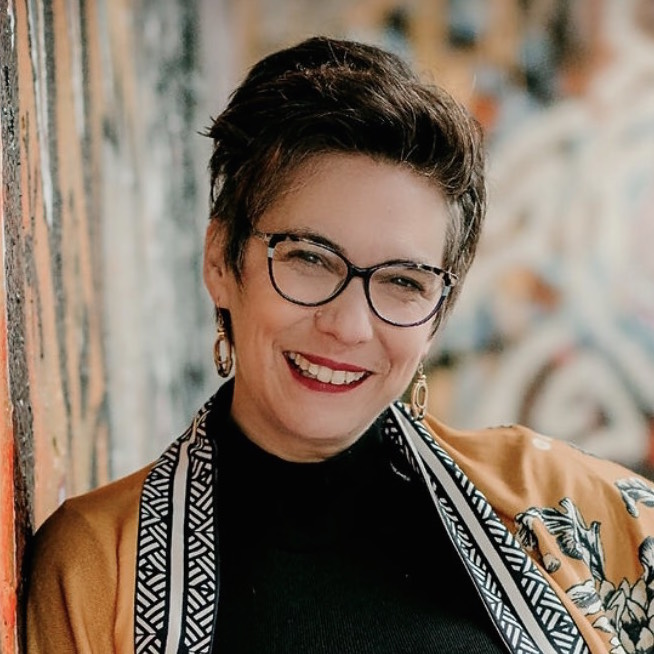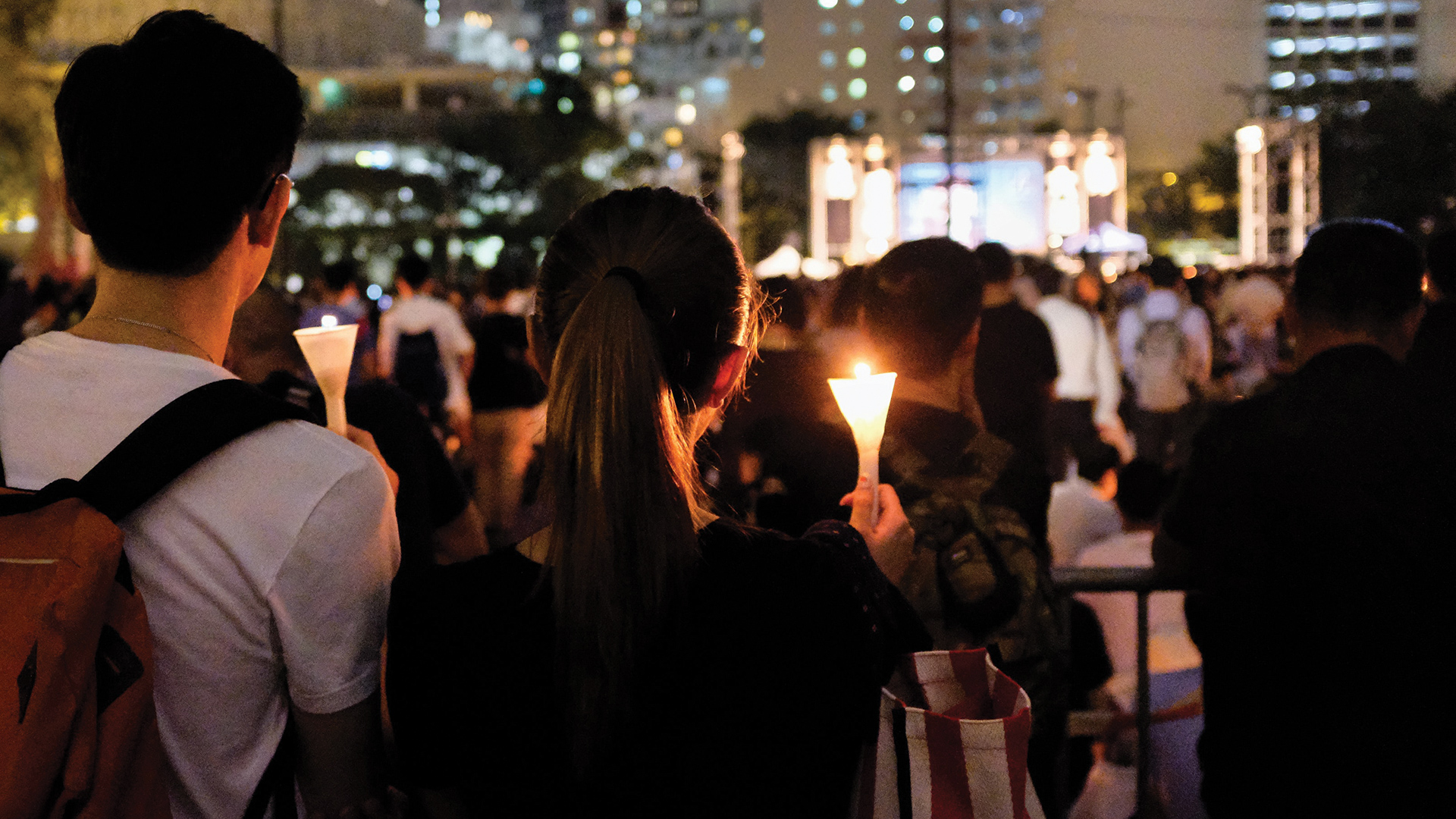Often we hear calls for peace and reconciliation following an act of racism that overlook the fact that our culture is, in many ways, sinking back into one with a deep fear of the other. A culture that fears difference, that fuels white supremacy by staying silent while messages of oppression are spoken by those in power. Here, MA in Counseling Psychology student, Danielle Castillejo delivers a powerful call to speak truth to power and engage in open conversations about the ways white supremacy plays out in our culture. If you would like to read this post in Spanish, click here.
The children’s song says we are all precious in His sight, but apparently that is not true in America. The Lost Cause narrative (as explained by Jemar Tisby) comes post-Civil War, when an economy formerly propped up by slave labor was grasping at ways to ensure its power over African Americans (now technically free). It idealizes the antebellum South as virtuous and heroic. Tisby states, “According to The Lost Cause narrative, the South wanted nothing more than to be left alone to preserve its idyllic civilization, but it was attacked by the aggressive, godless North, who swooped in to disrupt a stable society, calling for emancipation and inviting the intrusion of the federal government into small-town, rural life.” This narrative fueled white supremacy and organizations such as the Ku Klux Klan.
The Lost Cause narrative has been cleverly regurgitated as Trump’s “Make America Great Again” slogan. Using this story of an idealized time, our current President has played on the fears of many white Americans: an “invasion” of Latinxs will steal jobs, increase crime, and disrupt society. He’s re-introduced an old, evil message: America was greatest when it was oppressing, harkening back to the days of nearly complete economic, spiritual, and social power of whites over people of color. The old America murdered, raped, and dehumanized African Americans long before and after the Civil War ended. America does not hesitate to do the same to other people of color. It’s not that things have drastically shifted since then, but he’s telling us they have.
2019’s massacre of Latinxs in El Paso and the Mississippi deportations are nothing more than the proliferation of the slave-era mentality, and The Lost Cause narrative – America would be greater without you. Trump and his supporters bank on Christian silence and complicity to spread their message of fear. The calls for peace, prayers, and reconciliation are platitudes that call us to overlook racism’s death wish for Latinxs and other people of color. I, too, want peace – a peace that comes after violence and wrongdoing have been addressed. There can be no peace without collective repentance (including mine) for the murders of innocent men, women, and children. Whether we have laughed at racist jokes, used stereotypes to justify our actions, or actually pulled the trigger of a gun, we have participated in a culture that hates difference.
When I am asked if I love my enemies, I can confidently say, “yes.” But loving my enemies means telling the truth, not sacrificing my family on an altar to the god of white supremacy.
“Jesus stood against the status quo, speaking truth to power and I must choose to engage life with the courage to advocate for myself and others.”
Am I angry? “Yes.” I am angry at the ways I have relied on the typical American narrative from textbooks written by people with power. I am angry that having acknowledged the harm done by my country I’ve stood frozen and voiceless. And, I am angry at the proliferation of fear and dehumanization of Latinxs and other people of color.
We need to have conversations with our neighbors, family members, co-workers – the friend sitting next to us at church, and the leaders of those churches and organizations about the big and little ways white supremacy is still playing out today. I heard a white woman in her 80’s, examine the stereotypes she has about people of other races. She questioned where she had learned to be afraid of men of color and is countering those stereotypes when they pop up. This is the kind of thinking we all need to be engaged in.
I belong to Jesus. His life of love is a beacon of hope. His offer of redemption is inclusive to white, black, red, yellow, brown, and anything in-between people. His message of reconciliation is a call for honoring all people. May Jesus find his way into our lives as hope, redemption, reconciliation and honor as we face racism’s violent past, present and future.


